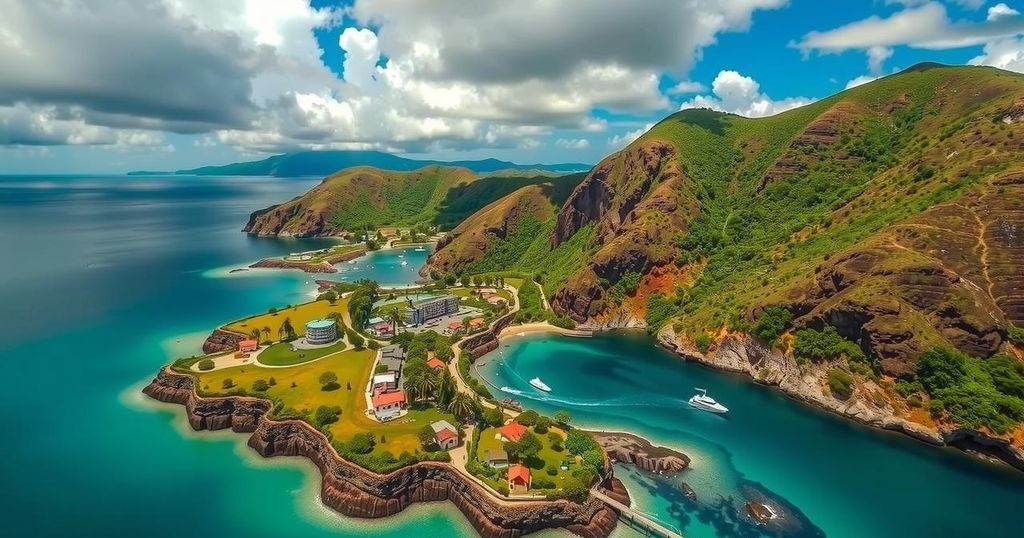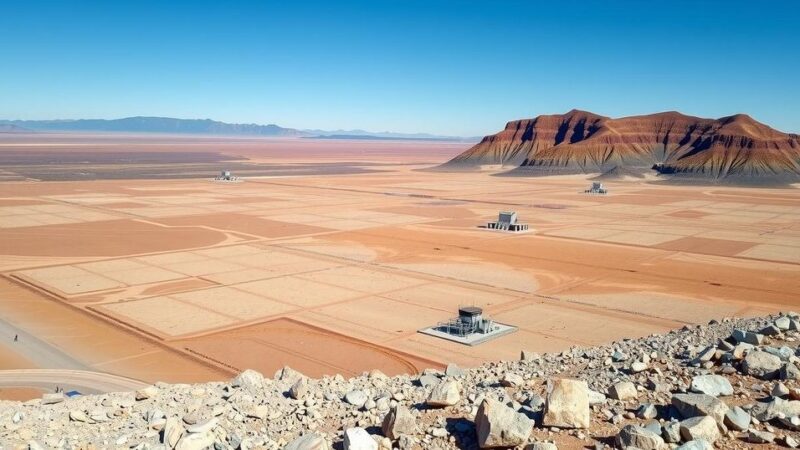Equatorial Guinea is an African country notable for being the only Spanish-speaking nation on the continent. It has significant oil wealth, although its economy faces challenges and income disparity. With a long dictatorship, it is one of the smallest and least populated countries in Africa. Its capital, Malabo, is located on Bioko Island, where a mix of cultures and languages exists amidst political turmoil.
Equatorial Guinea, officially known as the Republic of Equatorial Guinea, is a unique nation located on the western coastline of Central Africa. It is the sole Spanish-speaking country on the continent, a distinction stemming from its colonial history with Spain. Notable for its rich oil reserves, Equatorial Guinea was previously one of Africa’s wealthiest nations in terms of per capita GDP, although it faced economic challenges recently. The capital city is Malabo, situated on Bioko Island, contributing to its status as one of the smallest and least populated countries in mainland Africa, with a population around 1.67 million. The political landscape has been dominated by President Teodoro Obiang Nguema Mbasogo since 1979, making him Africa’s longest-serving leader, a position marked by autocracy and human rights abuses. Despite its wealth in oil production, which comprises over 90% of exports, the benefits have not been equitably distributed among its citizens, leading to ongoing economic disparity.
The Republic of Equatorial Guinea is notable for several reasons, chiefly its linguistic uniqueness as the only Spanish-speaking nation in Africa. This characteristic is deeply rooted in its colonial past, influencing its culture and society. Economically, despite the country’s wealth from oil, there exists a significant gap between the state of the economy and the living standards of its citizens. Politically, the long-standing dictatorship has created a complex backdrop of governance challenges, including human rights concerns and limited political freedoms. Understanding these dynamics provides essential context for the country’s current events, including recent scandals and global perceptions.
In summary, Equatorial Guinea is a nation with a complex historical and socio-economic landscape. It is recognized as the only Spanish-speaking country in Africa, hosts vast oil reserves, and suffers from uneven wealth distribution. The long-standing dictatorship has shaped its political environment and governance. While Equatorial Guinea’s oil industry has made it wealthy in theory, the reality for many citizens remains one of economic hardship and political oppression. Thus, while the nation garners attention for notoriety, it possesses intriguing facets worth exploring.
Original Source: www.pulse.ng






